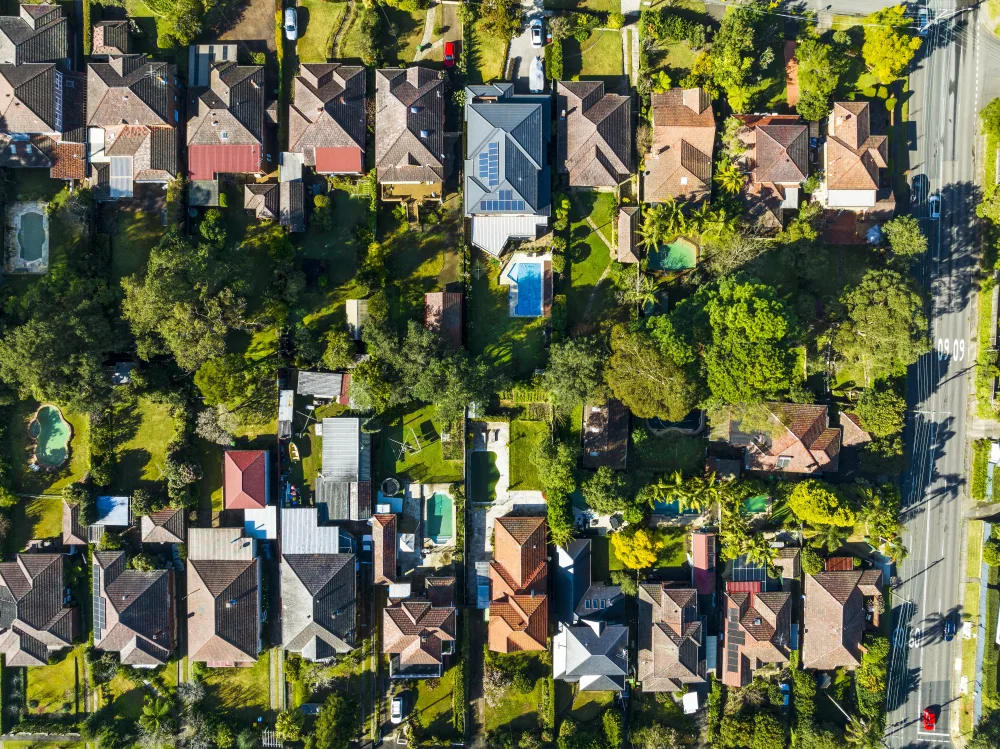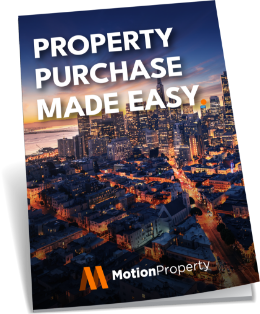New data has revealed that first-home buyers are getting older, so it’s important that you understand the best ways to make your money go further, and take advantage of all the concessions that are available to you.
Malcolm Connell who was well in his 50s when he decided to talk with a mortgage broker about buying a home, having worked around Australia in everything from IT management to gold mining.
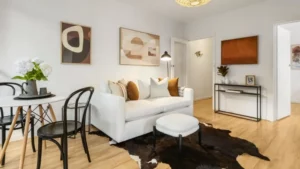
Even ritzy Brighton might not be out of reach for first-home buyers with a one-bedroom residence at 1/16 Warriston St listed for $460,000-$490,000 with Buxton Brighton.
“I had expected I would never settle down and would drift all my days,” Mr Connell said.
“So it’s a message to people not to ever write themselves off. Its easy to read the horror stories and to give up, but we are living proof that you can do this, no matter your age.”
He was 58 when he and long-time partner Camille Nurka bought a three-bedroom townhouse in Pakenham for $490,000.
Their $60,000 deposit got a modest boost from Ms Nurka’s family, but the bulk came from “knuckling down” and the pandemic’s work-from-home ethos helping them save on transit.
They also switched out regular pizza nights for their own cooking in a move that helped Mr Connell “regain a somewhat svelte figure” as well as a 25-year loan from a bank — something he’d thought would be “inconceivable” at his age before sitting down with a loan broker.
FIRST-HOME BUYERS GETTING OLDER
2018: 40+ buyers account for 13.6% of 56,134 total
2019: 40+ buyers account for 14.6% of 58,987 total
2020: 40+ buyers account for 13.7% of 69,010 total
2021: 40+ buyers account for 15.5% of 72,626 total
2022: 40+ buyers account for 16.5% of 55,952 total
Source: State Revenue Office of Victoria
We asked experts and recent first-home buyers what they should do and not do when trying to enter the market in 2023.
Jason Moussa, Great Southern Bank home loan expert
+ Use home loan calculators and online tools to set realistic expectations;
+ Check whether you are eligible for government-backed lending support;
+ Look for a savings account with a high interest rate or features designed to build a deposit;
+ Review your subscription services and consider cancelling some;
+ Ask if there’s help available from the Bank of Mum and Dad early in your journey;
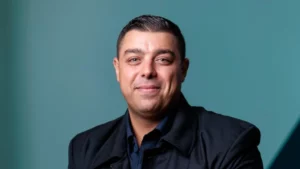
Jason Moussa, Great Southern Bank home loan expert.
Malcolm Connell and Camille Nurka, first-home buyers
+ Talk with a broker, even if you don’t think you’re ready to buy;
+ Be open to government support programs;
+ Make a challenge out of avoiding take away meals and dining out, cook at home instead;
+ If you can work from home, put your normal transport costs into savings;
+ Put any amount into savings you can, even if it’s only a small sum some weeks;
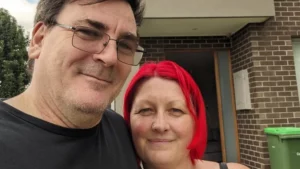
Camille Nurka and Malcolm Connell, first-home buyers.
Julie DeBondt-Barker, Property Home Base buyer’s advocate
+ If you’re going to be in the home for five+ years, buy one that needs fixing up;
+ Re-assess area’s where you “must live” and consider more affordable suburbs;
+ Look for tenanted homes where you could move into within a few months to avoid competition, but get advice about impacts to your loan on tenanted homes;
+ Go where nobody else is, seek homes that are photographed badly and un-styled;
+ Stick to your budget, especially as rates are rising;
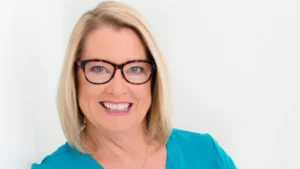
Property Home Base founder and flat-free buyer’s advocate Julie DeBondt-Barker.
Jacob Decru, Loan Market mortgage broker
+ Don’t wait if you can afford to buy, home price prediction falls often prove wrong;
+ Older buyers should plan an “exit strategy” to shows banks how they can pay a loan off by retirement;
+ Don’t assume you are too old, some lenders accept a customer can work into their 70s if they have an office job;
+ If you struggle to save, look for programs that allow you to buy at a reduced deposit;
+ Talk with a broker about budgeting even if you think you’re a year or more away from buying.
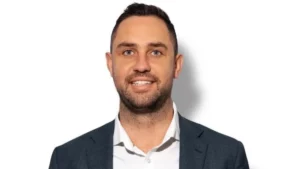
Loan Market mortgage broker Jacob Decru.
WHAT’S AVAILABLE TO FIRST-HOME BUYERS
First Home Guarantee: buy with a 5 per cent deposit for homes worth up to $800,000 in Melbourne or Geelong, and $600,000 in regional areas.
Stamp Duty Concession: pay no stamp duty on homes worth up to $600,000 and a reduced amount for homes up to $750,000.
First Homeowner Grant: get a $10,000 payment from the government for building or buying a new home worth up to $750,000.
Victorian Homebuyer Fund: with an at least 5 per cent deposit the Victorian government will co-buy homes worth up to $950,000 in Melbourne or Geelong, or $600,000 in regional areas. Buyers cannot earn more than $128,000 as a single or $204,800 as a household.
Source: realestate.com.au
